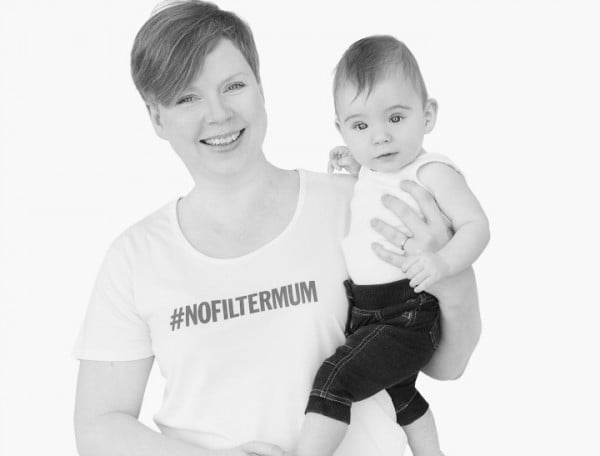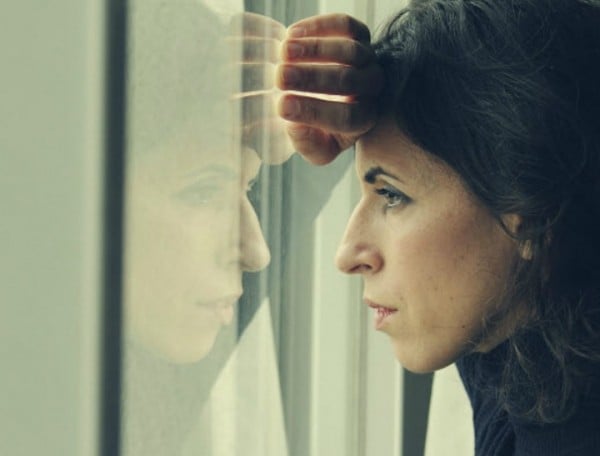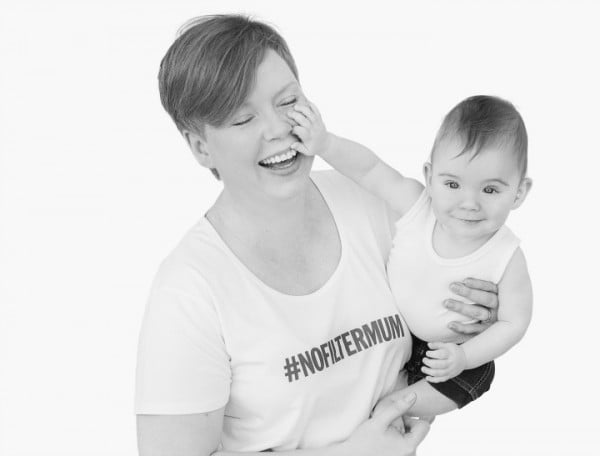
Rhianna, 37 is mum to Tomas, 8 months. Having been diagnosed with Bipolar Affective Disorder at the age of 21, she was aware of the increased risk of experiencing postnatal depression.
I have a mental health condition and I am a bloody good mum and partner.
I was diagnosed with Bipolar Affective Disorder when I was 21, after a deep depression, then a bombastic manic episode that still makes me blush with shame. Ten years of trying different combinations of medications as well as establishing a real work-life balance means I now appear to be “relatively normal”.

(For more information about managing bipolar disorder in pregnancy click here.)


